Global leaders call for restraint after India strikes Pakistan
World governments say the world cannot afford a military confrontation between India and Pakistan
.jpg) File photo. / Reuters
File photo. / Reuters
Reactions from global leaders to India's Operation Sindoor, the strike on terror camps in Pakistan and Pakistan-occupied Kashmir, reflect deep concern over the potential for further violence as they seek restraint from both countries..
U.S. Secretary of State Marco Rubio also responded swiftly, writing, “I am monitoring the situation between India and Pakistan closely. I echo @POTUS's comments earlier today that this hopefully ends quickly and will continue to engage both Indian and Pakistani leadership towards a peaceful resolution.”
A spokesperson for U.N. Secretary-General António Guterres said, “The Secretary-General is very concerned about the Indian military operations across the Line of Control and international border. He calls for maximum military restraint from both countries. The world cannot afford a military confrontation between India and Pakistan.”
Japan's Chief Cabinet Secretary Yoshimasa Hayashi condemned the April 22 attack and warned against retaliatory violence: “In regard to the terrorist act that occurred in Kashmir on April 22, our country firmly condemns such acts of terrorism. Furthermore, we express strong concern that this situation may lead to further retaliatory exchanges and escalate into a full-scale military conflict. For the peace and stability of South Asia, we strongly urge both India and Pakistan to exercise restraint and stabilize the situation through dialogue.”
The United Arab Emirates also weighed in. A statement from UAE Deputy Prime Minister of Foreign Affairs Sheikh Abdullah bin Zayed Al Nahyan called on both nations “to exercise restraint, de-escalate tensions, and avoid further escalation that could threaten regional and international peace.” The statement emphasized, “His Highness reaffirmed that diplomacy and dialogue remain the most effective means of peacefully resolving crises, and achieving the shared aspirations of nations for peace, stability, and prosperity.”
In Washington, Congressman Gerald E. Connolly (D-VA), a senior member of the House Committee on Foreign Affairs, condemned the attack on civilians in Kashmir and urged a return to diplomacy. “On April 22, heartless militants killed innocent tourists in Indian-administered Kashmir, which I vehemently condemn. Subsequently, India and Pakistan have severed diplomatic ties, and India has conducted military strikes on sites in Pakistan. I strongly urge India and Pakistan to recommit to de-escalation, diplomatic negotiations, and securing justice for the victims. Further conflict is not a way to advocate for the victims of terrorism.”
Congressman Brad Sherman (CA-32), also a senior member of the House Foreign Affairs Committee, struck a cautious tone, saying, “As Secretary of State Marco Rubio has urged both India and Pakistan, we must avoid armed conflict and escalation. India has not provided the world with strong evidence that the terrible terrorist attack in Kashmir was the result of actions taken by the Pakistani government. Let us hope that the Pakistani government does not escalate this crisis and that its response is de-escalatory.”
ADVERTISEMENT
ADVERTISEMENT
E Paper
Video




 Pranavi Sharma
Pranavi Sharma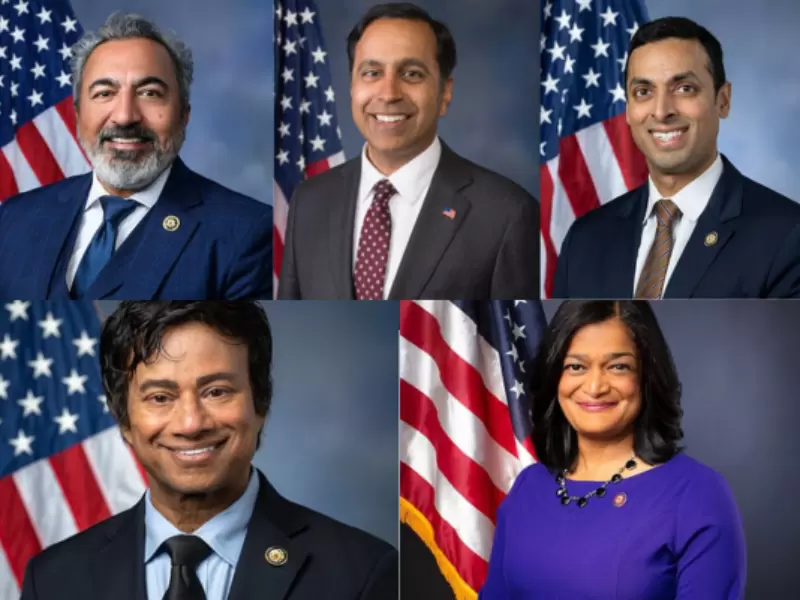
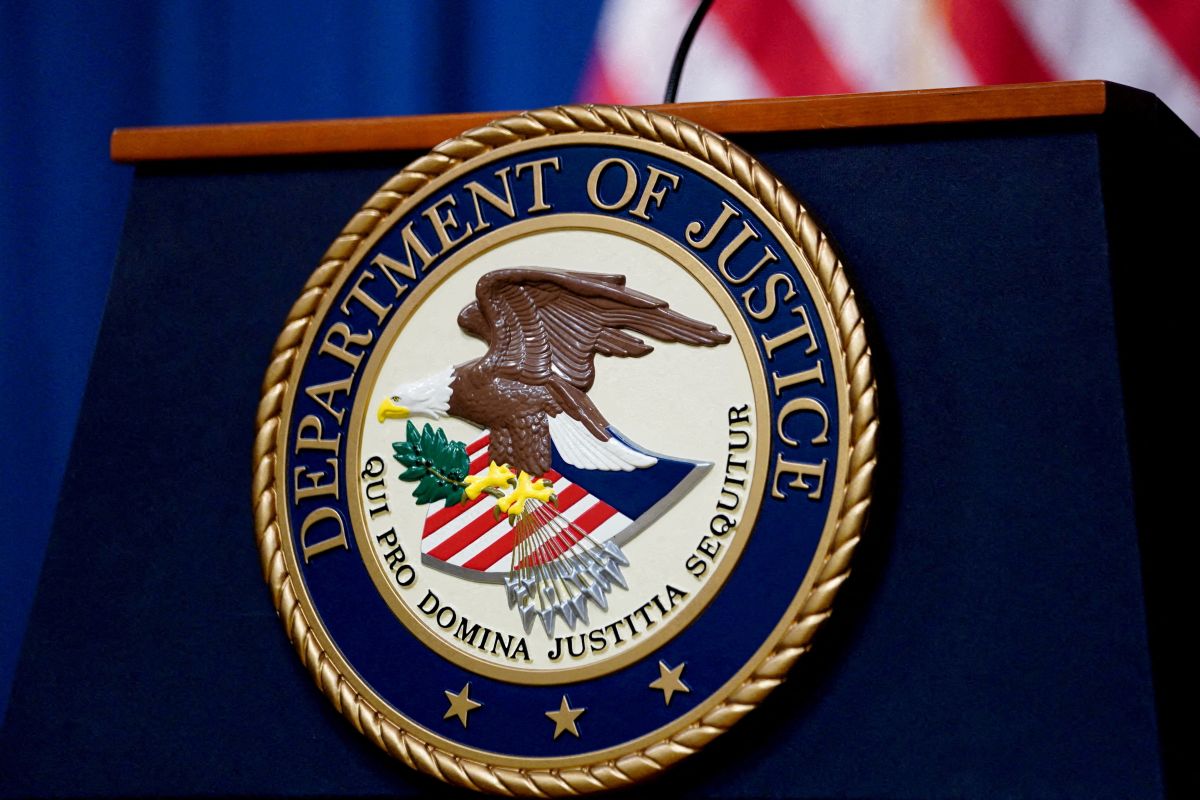
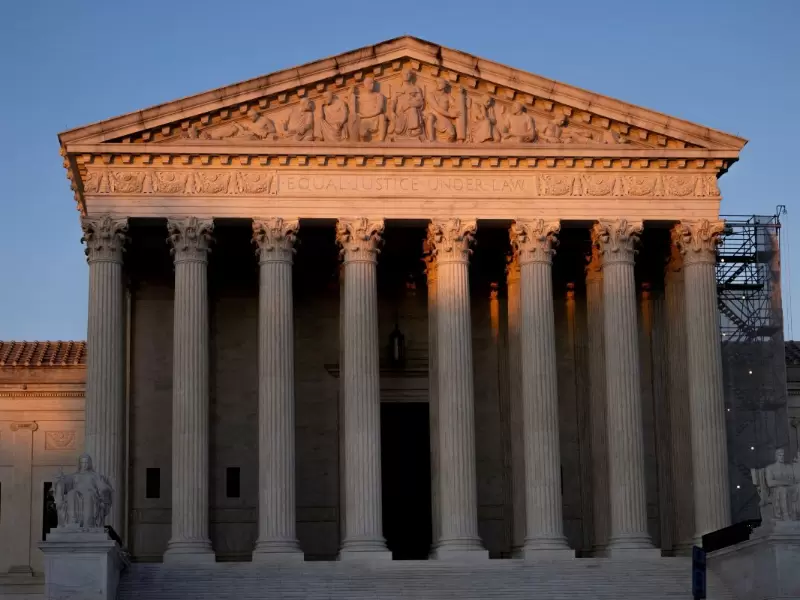


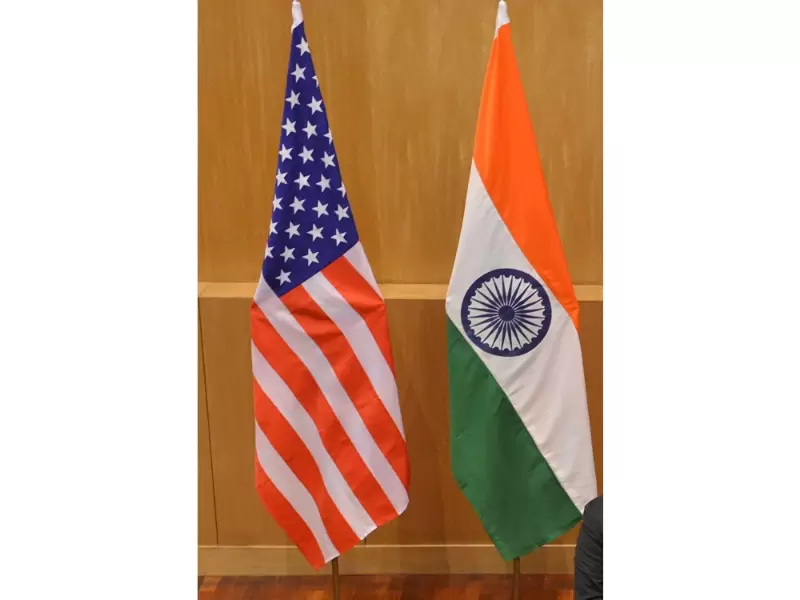


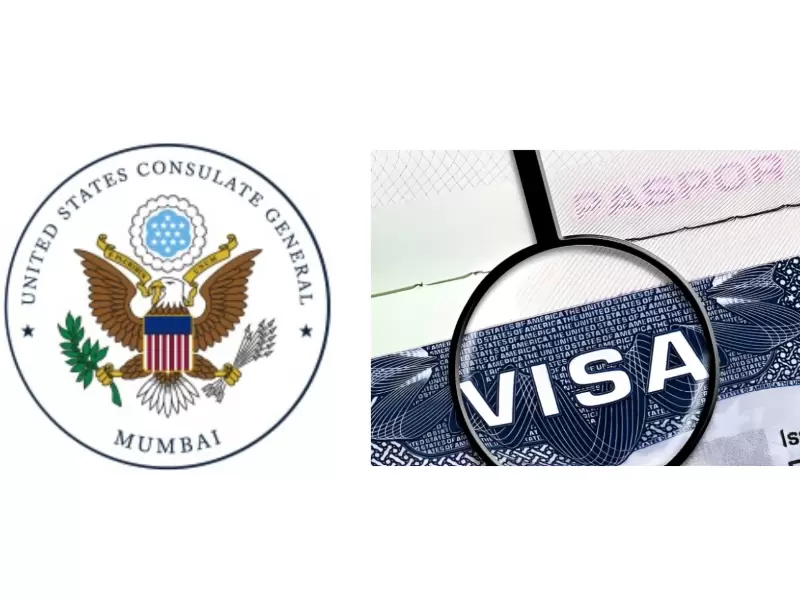
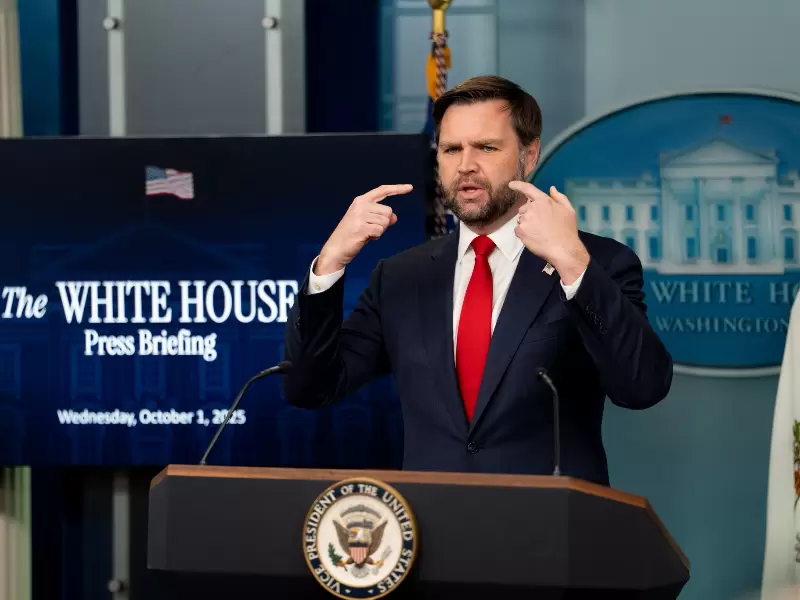

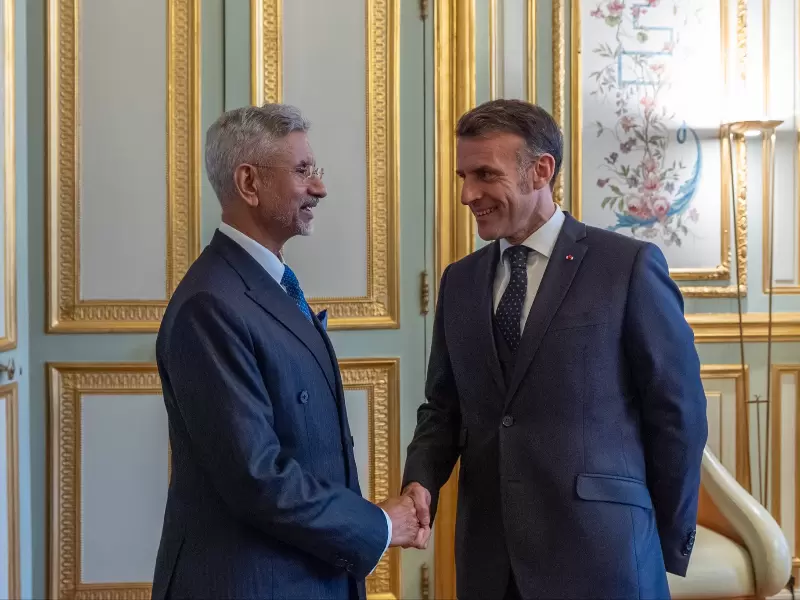

Comments
Start the conversation
Become a member of New India Abroad to start commenting.
Sign Up Now
Already have an account? Login